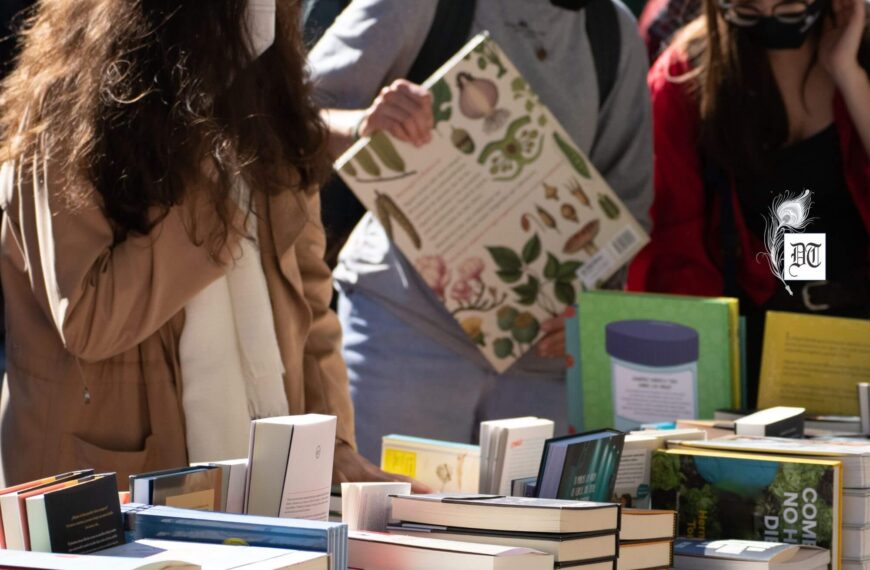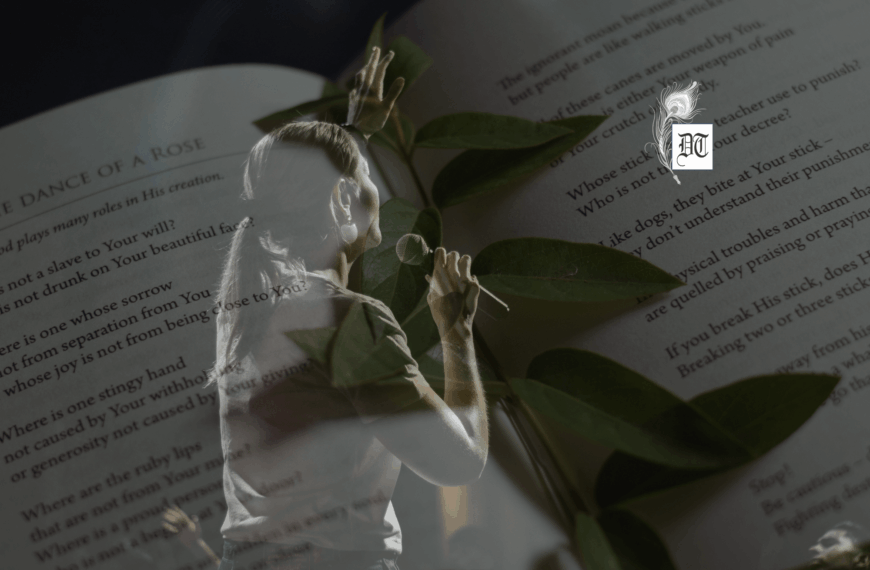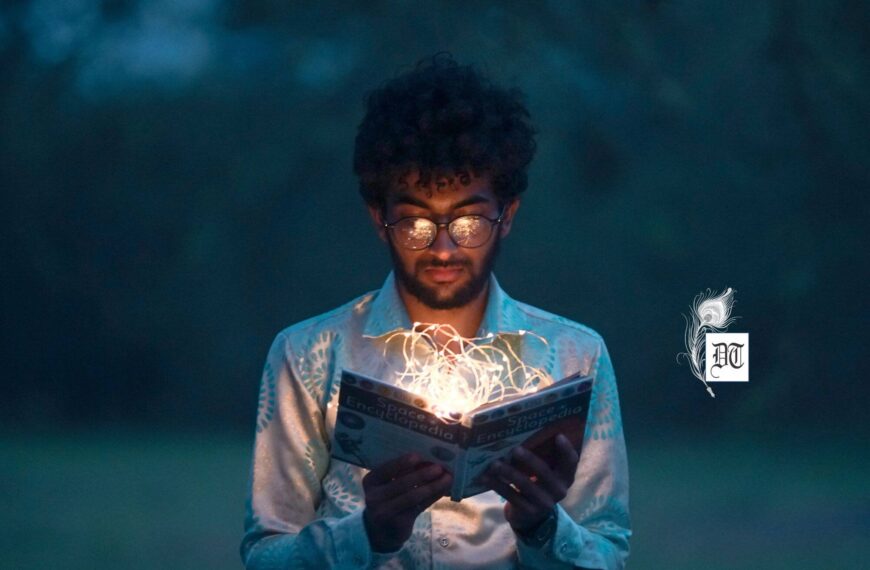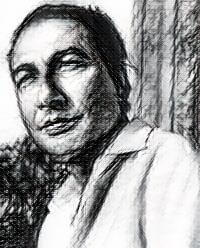Ratan maps the development of African Literature. African writings form the Fourth World Literature. This emerging voice has caught the attention of researchers and readers alike. Here’s an in-depth account.
Jack Canfield once said, “One individual can begin a movement that turns the tide of history. Martin Luther King in the civil rights movement, Mohandas Gandhi in India, Nelson Mandela in South Africa are examples of people standing up with courage and non-violence to bring about needed changes.” Africa is an important trade partner for India. But we can reach out to Africa for literature as well, particularly for the  Fourth World Literature, which is now an emerging area of literary research. The world is now going for everything ‘inclusive’ –inclusive growth, inclusive awareness, etc. This is true about African literature. European views of literature often stressed a separation of art and content, African awareness is inclusive as George Joseph notes in his chapter on African literature in Understanding Contemporary Africa : “Literature can also imply an artistic use of words for the sake of art alone…traditionally, Africans do not radically separate art from teaching. Rather than write or sing for beauty itself, African writers taking their cue from oral literature, use beauty to help communicate important truths and information to society.” This is clear if we make a tour from pre-colonial African to the postcolonial African literature.
Fourth World Literature, which is now an emerging area of literary research. The world is now going for everything ‘inclusive’ –inclusive growth, inclusive awareness, etc. This is true about African literature. European views of literature often stressed a separation of art and content, African awareness is inclusive as George Joseph notes in his chapter on African literature in Understanding Contemporary Africa : “Literature can also imply an artistic use of words for the sake of art alone…traditionally, Africans do not radically separate art from teaching. Rather than write or sing for beauty itself, African writers taking their cue from oral literature, use beauty to help communicate important truths and information to society.” This is clear if we make a tour from pre-colonial African to the postcolonial African literature.
The African works that the West knows best are the slave narratives. In 1935, the first African play, in English, The Girl Who Killed to Save Nonggawuse, the Liberator. Before Chinua Achebe emerging with Things Fall Apart published in 1958, no African book as such gained worldwide critical acclaim in which Achebe analysed the effect of colonialism on traditional African society. Leopold Sedar Senghor published the first anthology of French language poetry written by Africans Anthology of the New Black and Malagasy Poetry with a preface by the French Existentialist writer Jean Paul Sartre. 
With liberation and increased literacy since most African nations gained their independence in the 1950s and 1960s. With writers like Wole Soyinka, winning Nobel Prize, in 1986, African literature in the true sense reached postcolonial modernity. A sense of euphoria swept through Africa as each country celebrated its independence from years of political and cultural domination.
Much of the post colonial writings of African literature are in the period between 1960 and 1970. It reflects the sense of hope and freedom. The writers struggled to reinvigorate long-subservient societies and culture, writers of postcolonial Africa began reflecting the horrors their countries suffered following decolonisation and their writing is often imbued with a sense of despair and anger, critics including Neil Lazarus have proposed that this sense of disillusionment reflected in the works of such authors as Ayi Kwei Armah, marked the beginning of a major change in African intellectual and literary development .
 The direction of African fiction started changing in the 1970s when writers forged new forms of expression. They moved from the subject matter of postcolonial Africa and moved into the realm of new and realistic texts that reflected the concerns of their respective nations. With the establishment of the Commonwealth literature in the United States, the writing of African literature was read by the Westerners as the representative literature of the Third World. All took interest in African literature for anthropological information and were preoccupied principally with analysis of cultural forms which mediate challenge or reflect upon relations of domination and subordination.
The direction of African fiction started changing in the 1970s when writers forged new forms of expression. They moved from the subject matter of postcolonial Africa and moved into the realm of new and realistic texts that reflected the concerns of their respective nations. With the establishment of the Commonwealth literature in the United States, the writing of African literature was read by the Westerners as the representative literature of the Third World. All took interest in African literature for anthropological information and were preoccupied principally with analysis of cultural forms which mediate challenge or reflect upon relations of domination and subordination.
There was an attempt to see African literature more as increased effort to expand their interpretive universe for studying African texts as fiction rather than as windows into the cultures which Africans represent. Many of the African authors remained untranslated and obviously there was less critical response. Ngugiwa Thiong’o also felt concerned that European languages were unable to express the complexity of African experience and culture in those languages along with the fact that they exclude a majority of Africans who are unable to read in these languages from access to their own literary success. While African language literature is popular with indigenous African populations such writing tends to be formulaic and stereo-typical. 
Indians are taking interest in Africa and by reaching their literary world, the real partnership can occur. It will reboot the relationship between two ancient continents Asia and Africa. The India Africa summit will have a meaningful beginning only if literary bond is created along with all promises for political and economic cooperation. The good will India enjoys in the continent is a result of the principled anti-colonial positions the country took in the post –independence era. More literary interactions will mutually help both Africa and India to explore in a more meaningful way.
Pix from Net


 By
By
 By
By
